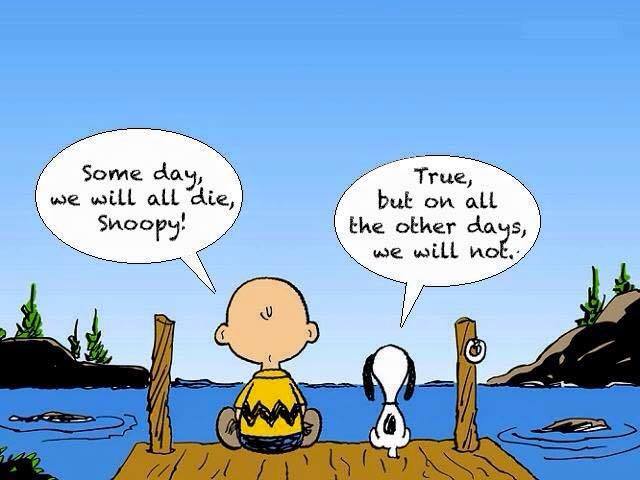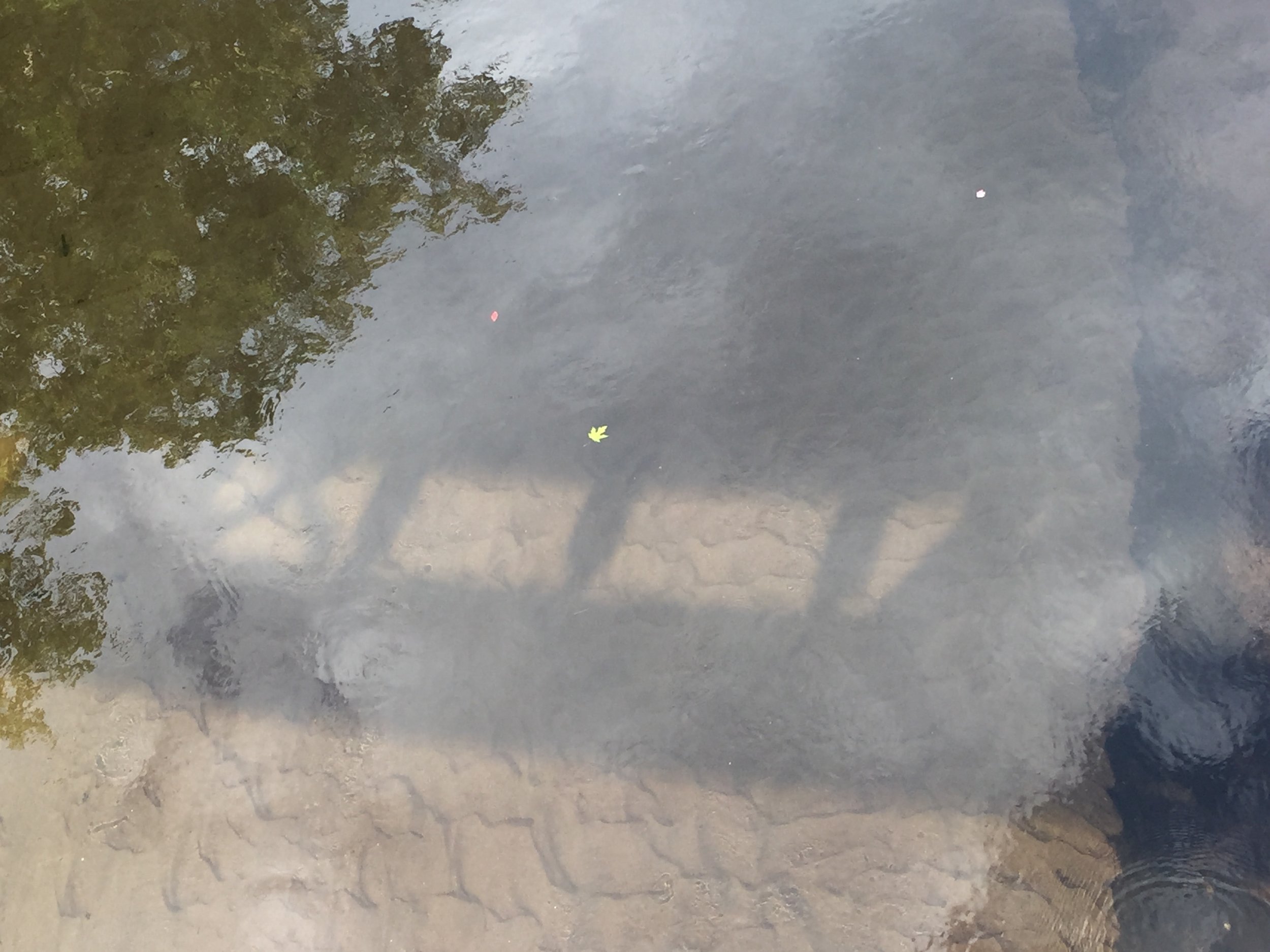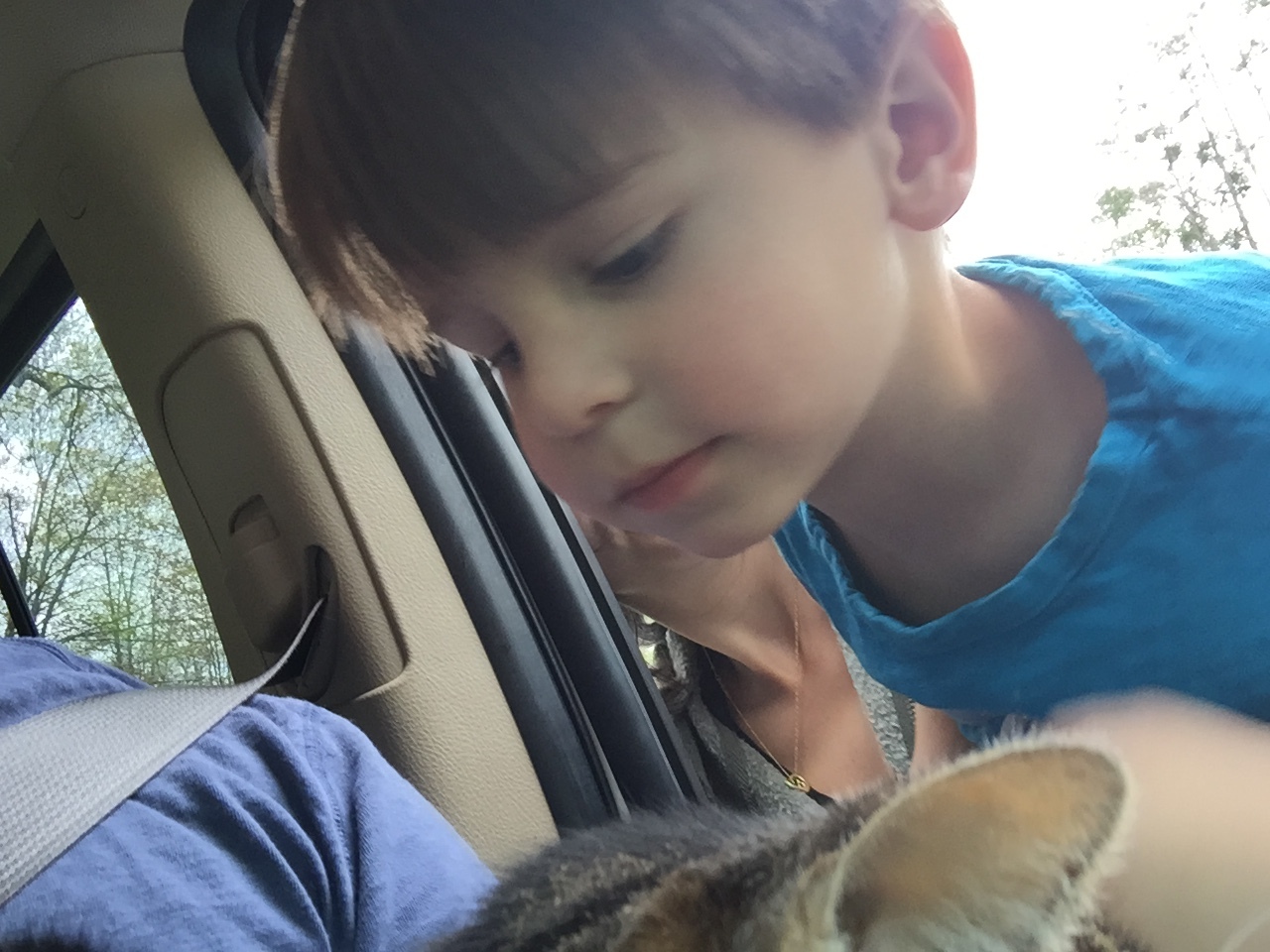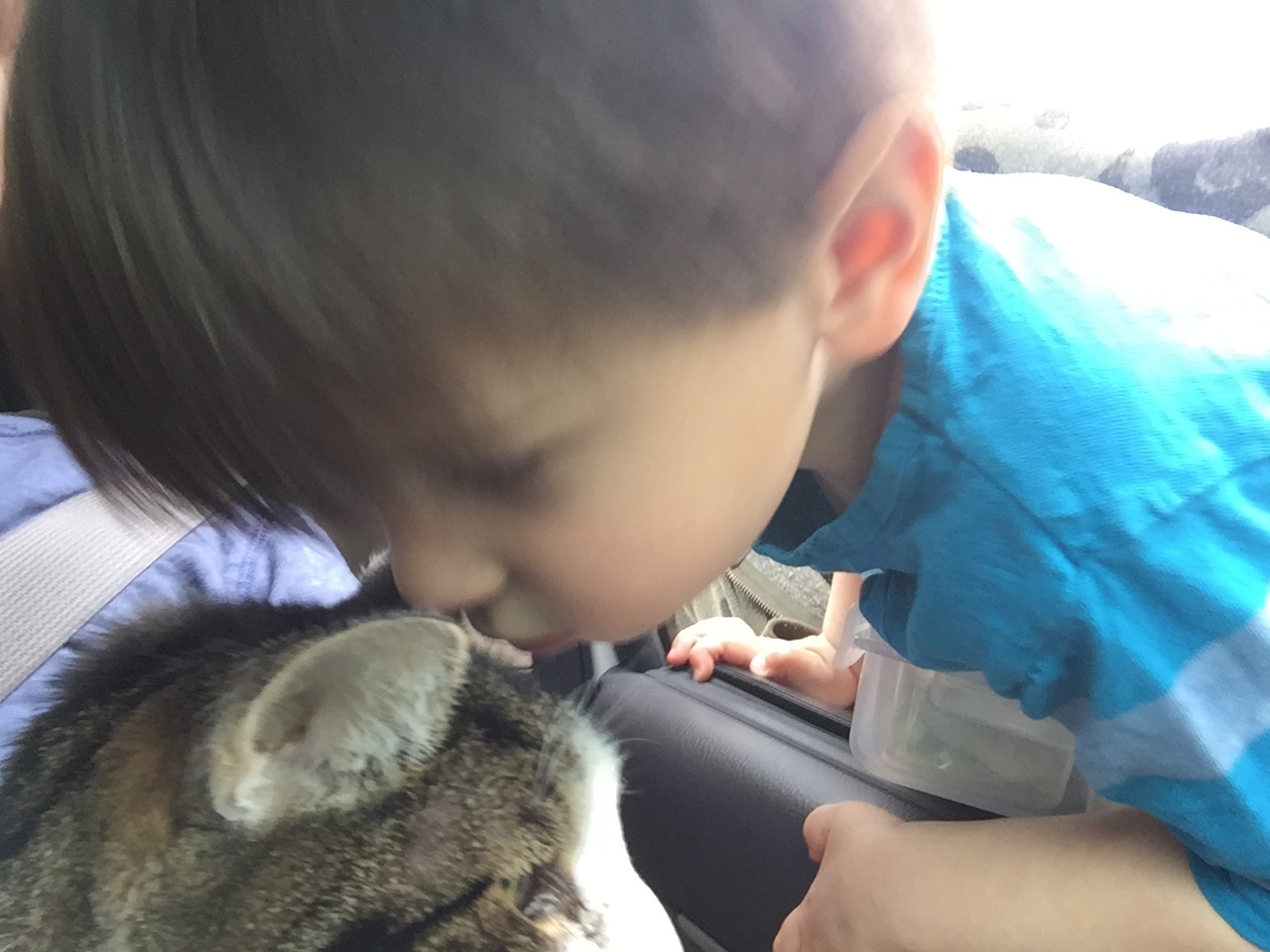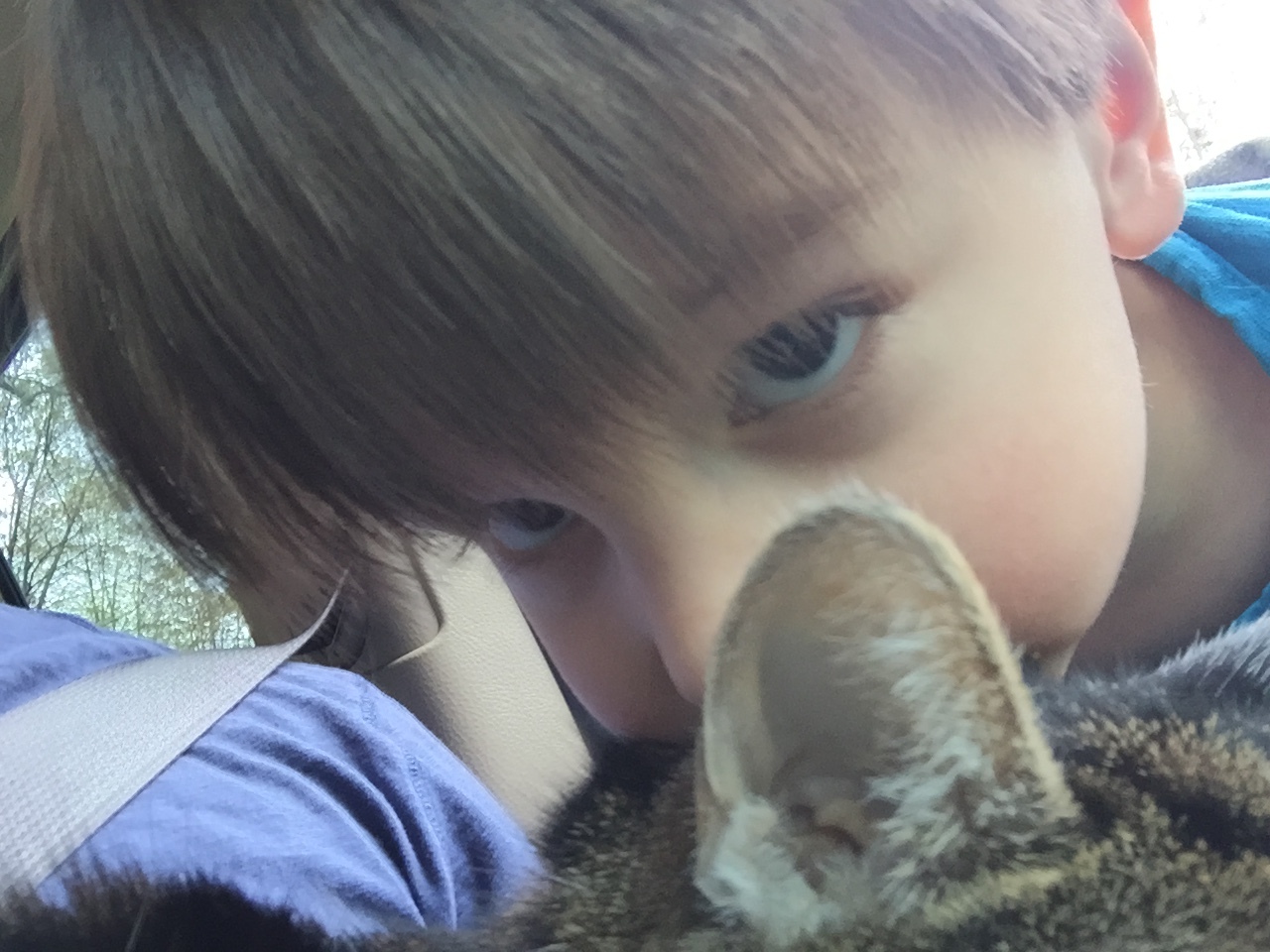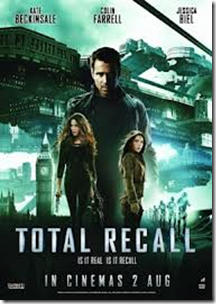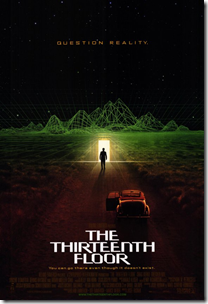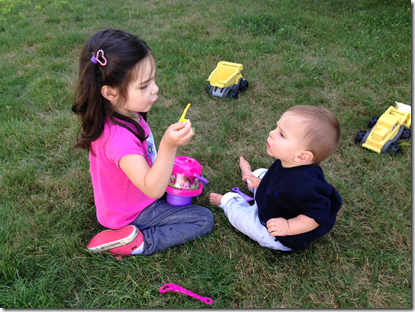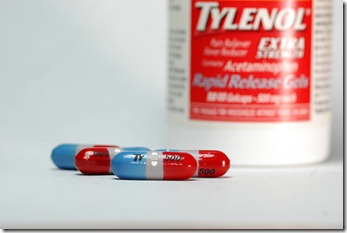This has not been good for me, given that I am obsessed about my own death more than anyone else on the planet. My mortality is something that I consider on a (no exaggeration) hourly basis at least.
You may think I'm crazy, but I've died not once but twice and been brought back by paramedics both times. Had a gun was put to my head and the trigger pulled. I was also diagnosed with the adult-onset muscular dystrophy gene that eventually contributed to the death of at least three of my relatives, including my mother, and will one day effect me, too.
If anyone gets to have an ongoing, ever-present, overwhelming existential crisis, I think it's me.
But now I have this four year-old existential reminder machine running around the house, constantly telling me that he doesn't want to die. Constantly reminding me of the thing I don't need to be reminded about.
Our standard response to Charlie's declaration that he doesn't want to die has been, "You won't have to worry about that for a long, long, long time Charlie. You have a very, very, very long life ahead of you."
There's also talk of a heaven that I wish I believed in but don't and assurances that everything will be okay.
It hasn't exactly eliminated his fear, but it's been enough to move him onto a new topic.
Yesterday morning, as I brought him downstairs, he saw a photograph of Owen. He walked over, touched the photo, and said, "Dad, I don't want to die."
Just what I wanted to hear at 6:30 AM.
I answered as I always do. "Don't worry buddy. That's not going to happen for a long, long, long time."
"But Dad," Charlie said, turning away from Owen's photo to look at me. "A long, long, long time means I am going to die someday."
Damn it. The kid understands. He knows.
Honestly, my thoughts of death are my greatest burden. The thing I carry with me like a loadstone throughout my life. My existential crisis informs so much of what I do. It makes me who I am. It's responsible for much of my success. It's the guiding principle behind everything that I think and believe.
I'd hate to think that Charlie might suffer the same fate.
I'd also hate to think that my son is going to continue to pick at this open wound for the rest of my life. It's hard enough already without this beautiful little boy hitting me over the head with an existential sledgehammer on a daily basis.
I picked him up, hugged him, and did what I always do when my thoughts of death become too great to bear. I opted for distraction.
"Want to go watch the Octonauts?" I asked.
"Sure," he said. And for an hour or so, we sat on the couch together and forgot about our mortality. The reality of our eminent demise. The terror of the void.
At least he did. I hope.
